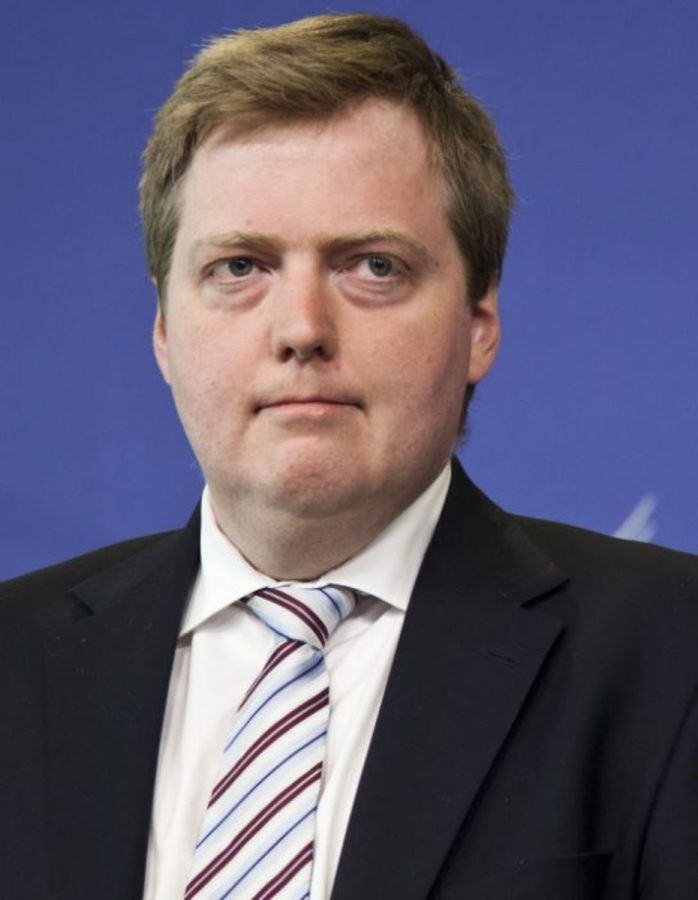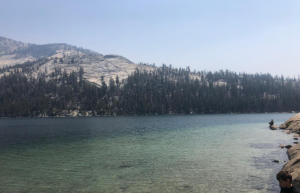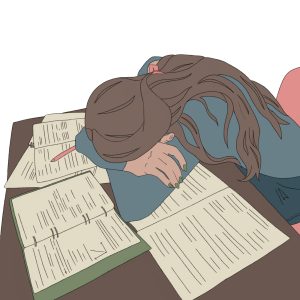Panama papers punish powerful
Icelandic Prime Minister Sigmundur David Gunnlaugsson resigns after protests regarding his involvement in the Panama papers. He will remain the leader of his party, a decision that was met with dissatisfaction. Papers revealed that he did not disclose his co-ownership of a company while in office.
April 11, 2016
The ideas of funneling money into offshore bank accounts brings to mind action thrillers and extravagant Bond villains. However, the recent leak of Mossack Fonseca’s papers reminds that corruption and money laundering are still prevalent all over the world.
Mossack Fonseca is a Panamanian law firm that deals with the money of the international rich and powerful.
11 million documents were recently released to the International Consortium of Investigative Journalists and involved a dozen heads of state and at least 60 more connected to powerful individuals.
The documents revealed that the firm aided clients in hiding money and companies, evading taxes, dodging sanctions, and laundering money. The firm denies ever committing illegal acts.
Mossack Fonseca released a statement that said, “Allegations that we provide structures supposedly designed to hide the identity of the real owners, are completely unsupported and false.”
Nonetheless world leaders were put in suspicious positions. Most notably the Icelandic Prime Minister Sigmundur Gunnlaugsson resigned on April 5 despite assurances to the contrary after he was accused of hiding millions in assets and owning an offshore company.
Vladimir Putin was also involved in the papers. Some of Russian president’s closest peers were tied to a potential money laundering ring. Other notable figures mentioned in the scandal are in the Fifa president, Pakistan’s prime minister, and the Chinese president’s family.
In response to the Internet buzz, the Chinese government has taken to censorship by deleting messages on popular site Sina Weibo and app Wechat.
The “China Digital Times” found a directive that said, “Find and delete reprinted reports on the Panama Papers. Do not follow up on related content, no exceptions. If material from foreign media attacking China is found on any website, it will be dealt with severely.”
A number of leaders have also spoken up against money laundering.
According to the BBC World Bank President Kim Jim Yong said, “[This is] an opportunity to continue and aggressively move forward to find how these illicit financial flows are moving.”







